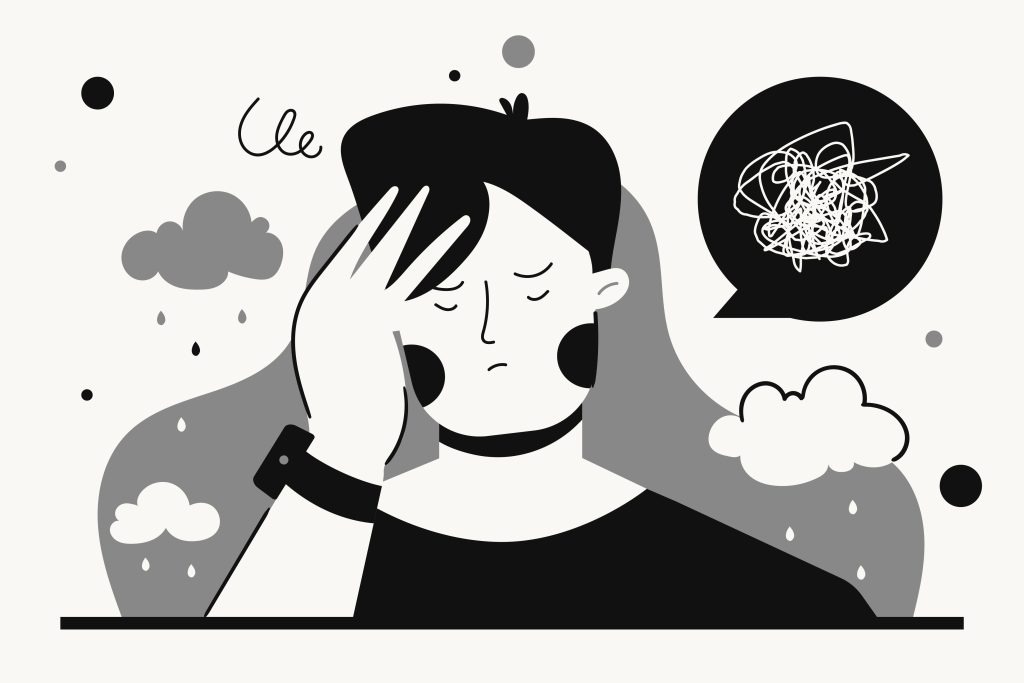Introduction:
Post-Traumatic Stress Disorder (PTSD) is a complex psychological condition stemming from various traumatic experiences. This comprehensive exploration of trauma PTSD treatment aims to unravel the layers of trauma, encompassing its historical roots, understanding its contemporary and clinical definitions, exploring diverse triggers, and examining its symptomology, including the alarming consequences such as high suicide rates, reduced quality of life, and substance abuse issues. By delving into these themes, this article provides a holistic understanding of PTSD, shedding light on its intricate nature and the challenges faced by individuals who suffer from it.
Trauma: Historical Roots, Modern Understanding, and Clinical Definitions:
The concept of trauma, rooted in ancient Greek, denotes both physical and psychological wounds. Throughout history, various terms like “shell shock” and “soldier’s heart” were used to describe the psychological toll of war, emphasizing the enduring nature of trauma. Additionally, Sigmund Freud’s pioneering work in psychoanalysis laid the foundation for understanding trauma as we perceive it today. The Diagnostic and Statistical Manual of Mental Disorders (DSM-5) provides standardized clinical definitions for trauma-related disorders, offering a framework for accurate identification and targeted treatment.
Primary and Secondary Trauma, and What is PTSD?
At its core, PTSD involves individuals getting stuck in the moment of trauma, reliving the traumatic event repeatedly. Primary trauma results from direct experiences, while secondary trauma affects individuals indirectly exposed to the trauma.

Traumatic Events Known to Cause PTSD
PTSD can stem from various traumatic events, including:
- Combat
- Natural disasters
- Assault
- Childhood trauma
- Medical crises
- Sexual abuse
- Violence
- Death
- Accidents
- Traffic accidents
- Genocide
- Protests
Each event type leads to specific symptoms, emphasizing the need for tailored treatment.
How Psychotherapy Treats PTSD: Unraveling Trauma Through CBT, EMDR, and Talk Therapy:
Exposure Therapy: One of the core components of Cognitive Behavioral Therapy (CBT) for PTSD is exposure therapy. Individuals confront their traumatic memories in a safe environment, reducing the emotional charge and anxiety associated with the event.
EMDR (Eye Movement Desensitization and Reprocessing): EMDR is a specialized therapy where individuals process distressing memories by following the therapist’s hand movements. EMDR helps desensitize the emotional impact of traumatic memories, allowing individuals to integrate these memories in a healthier way.
Talk Therapy (Cognitive Restructuring): Talk therapy within the CBT framework involves cognitive restructuring. Individuals work on identifying and challenging negative thought patterns related to the trauma, gaining control over their responses to triggers.
Pharmacological Interventions:
Pharmacological treatments, including antidepressants and anti-anxiety medications, can help manage PTSD symptoms. These medications can alleviate anxiety, improve mood, and aid in better sleep, making it easier for individuals to engage in therapy.
Comorbidity, Alarming Consequences, and Substance Abuse:
PTSD significantly increases the risk of suicide and diminishes the quality of life due to persistent symptoms. Relationships, work, and overall well-being can be profoundly affected. Many individuals with PTSD turn to alcohol or drugs as coping mechanisms, leading to substance abuse issues.

Conclusion:
Addressing the high suicide rates, diminished quality of life, and substance abuse issues requires a holistic approach involving mental health awareness, accessible treatments, and empathetic community support. Through these efforts, we can empower individuals affected by trauma PTSD treatment while fostering resilience, recovery, and a renewed sense of hope. Psychotherapy, including CBT, EMDR, and pharmacological interventions, stands as a beacon of hope, guiding individuals through the process of healing and offering them a path towards reclaiming their lives from the grips of trauma.
Ready to begin? Start your online therapy journey today. Book your first session now.




